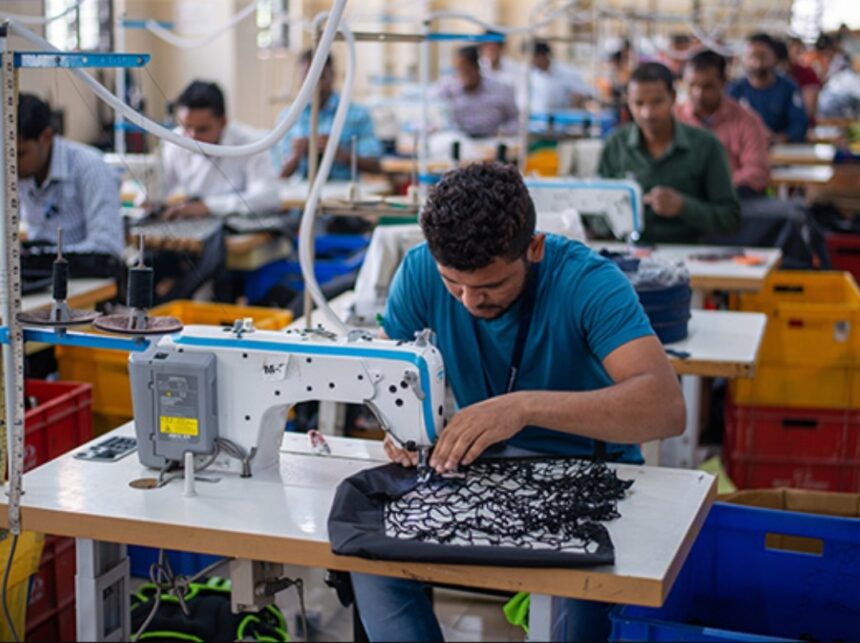The textile industry has undergone a remarkable transformation from traditional methods to embracing modern technology, revolutionizing production processes and product offerings. Historically, textiles were crafted manually, relying on labor-intensive techniques such as hand weaving, spinning, and dyeing. However, the advent of modern technology has significantly impacted every aspect of textile manufacturing.
One of the most significant advancements is the introduction of automated machinery. Industrial looms, powered by steam engines in the 19th century and later by electricity, revolutionized the weaving process, increasing efficiency and output. Similarly, spinning machines mechanized yarn production, reducing reliance on manual labor.
The development of synthetic fibers marked another milestone. Nylon, polyester, and acrylic fibers provided alternatives to natural materials like cotton and wool, offering enhanced durability, moisture-wicking properties, and cost-effectiveness. These synthetic fibers paved the way for innovations in performance wear, outdoor gear, and technical textiles.
In recent decades, digital technologies have reshaped the industry landscape. Computer-aided design (CAD) software enables designers to create intricate patterns and prototypes swiftly, streamlining the design process and facilitating customization. Additionally, advancements in digital printing have revolutionized textile printing, allowing for on-demand production and intricate designs with minimal waste.
Moreover, smart textiles represent the frontier of innovation in the industry. Incorporating sensors, conductive threads, and microelectronics into fabrics, smart textiles can monitor vital signs, regulate temperature, and even generate electricity. Applications range from medical wearables to military uniforms, illustrating the versatility and potential impact of this technology.
Sustainability has also become a focal point, driving the adoption of eco-friendly practices and materials. Recycling technologies enable the conversion of post-consumer waste into new fibers, reducing dependence on virgin resources. Furthermore, innovations in dyeing processes aim to minimize water consumption and pollution, addressing environmental concerns associated with textile manufacturing.
Overall, the journey from traditional to modern technology in the textile industry showcases the relentless pursuit of efficiency, functionality, and sustainability. As technology continues to evolve, the textile industry is poised to undergo further transformations, shaping the future of fashion, performance wear, and beyond.
For more information visit at https://happenrecently.com/zepto/?amp=1

